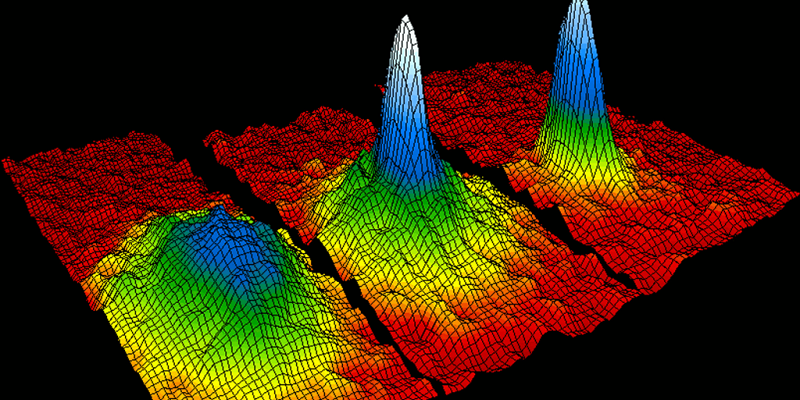Physics

Study Physics at UBC
Join Canada's top-ranked science community. You apply online through youbc, but first, we'll run you through a few important things to consider before you begin your application.
About Physics
Physics, which deals with matter and energy and the interactions between the two, allows us to understand phenomena that take place around us and in the universe. Physical laws help us perceive our world. Some physicists use these principles in theoretical areas, such as the nature of time and the origin of the universe; others apply their physics knowledge to the development of advanced materials, electronic and optical devices and medical equipment. Physicists design and perform experiments with lasers, cyclotrons, telescopes, mass spectrometers, and other equipment. Based on observations and analysis, they attempt to discover and explain laws describing the forces of nature, such as gravity, electromagnetism, and nuclear interactions. Physicists also find ways to apply physical laws and theories to problems in nuclear energy, electronics, optics, materials, communications, aerospace technology, navigation equipment, and medical instrumentation. Most physicists work in research and development. For example, basic research in solid-state physics led to the development of transistors and, then, of integrated circuits used in computers. Physicists also design research equipment. For example, lasers designed by physicists are used in surgery. Although physics research may require extensive experimentation in laboratories, research physicists also spend time in offices planning, recording, analyzing, and reporting on research.
Program details
The Major program is intended for students who wish to learn physics as part of a general education or combine physics with other disciplines to pursue careers in other areas such as science journalism. The program combined with proper electives is suitable as pre-training for a professional degree in fields such as architecture, commerce, education, law and medicine. The honours program is more specialized and provides a solid preparation for those intending to proceed to graduate school in physics.Skills
Over the course of a four-year degree, this program could help you build the following skills:
- Application of theoretical concepts and scientific principles to unexplained or novel situations
- Observation and interpretation of relationships between factors
- Usage of computer programming to create complex models or solutions
- Application of logic, imagination, judgement, and abstract thinking to solve real-world problems
- Quantification of complex calculations and statistical analysis
- Communication of complex ideas through advanced technical writing
- Usage of a wide range of advanced instruments, machines, and lab equipment
Programs offered
- Major or Honours, Physics
- Honours, Biophysics
- Combined Honours, Physics and Astronomy
- Combined Major, Computer Science and Physics
- Combined Honours, Physics and another science subject
- Combined Honours, Chemical Physics
- Combined Honours, Physics and Mathematics
- Co-op
Resources
Academic Calendar Entry
Program Specialization Website
Undergraduate Advisors
Student Club Website
Research and Library Help
Involvement and Career Resources
Career options in Physics
With an undergraduate degree
- Acoustic emissions technician
- Computer engineer
- Data analyst
- Laboratory assistant
- Particle accelerator operations analyst
- Research assistant
- Science writer
- Systems analyst
- Technical writer
- Test engineer
With additional study
- Aerodynamicis
- Avionics instrument mechanic
- Biophysicist
- Doctor
- Engineer
- Fluids physicist
- Forensic scientist
- Geophysicist
- Hydrologist
- Lawyer, technology specialist
- Medical physicist
- Nanoscientist
- Oceanographer
- Optometrist
- Physical chemist
- Physicist
- Radiographer
- Seismologist
- Sound engineer
- Teacher/Professor
UBC Science Physics Graduates Work As
- MSc Candidate in Astrophysics, University of Tokyo
- PhD Candidate in Applied Physics, California Institute of Technology
- Associate Attorney, Norton Rose Fulbright Canada LLP
- Software Engineer, Google
